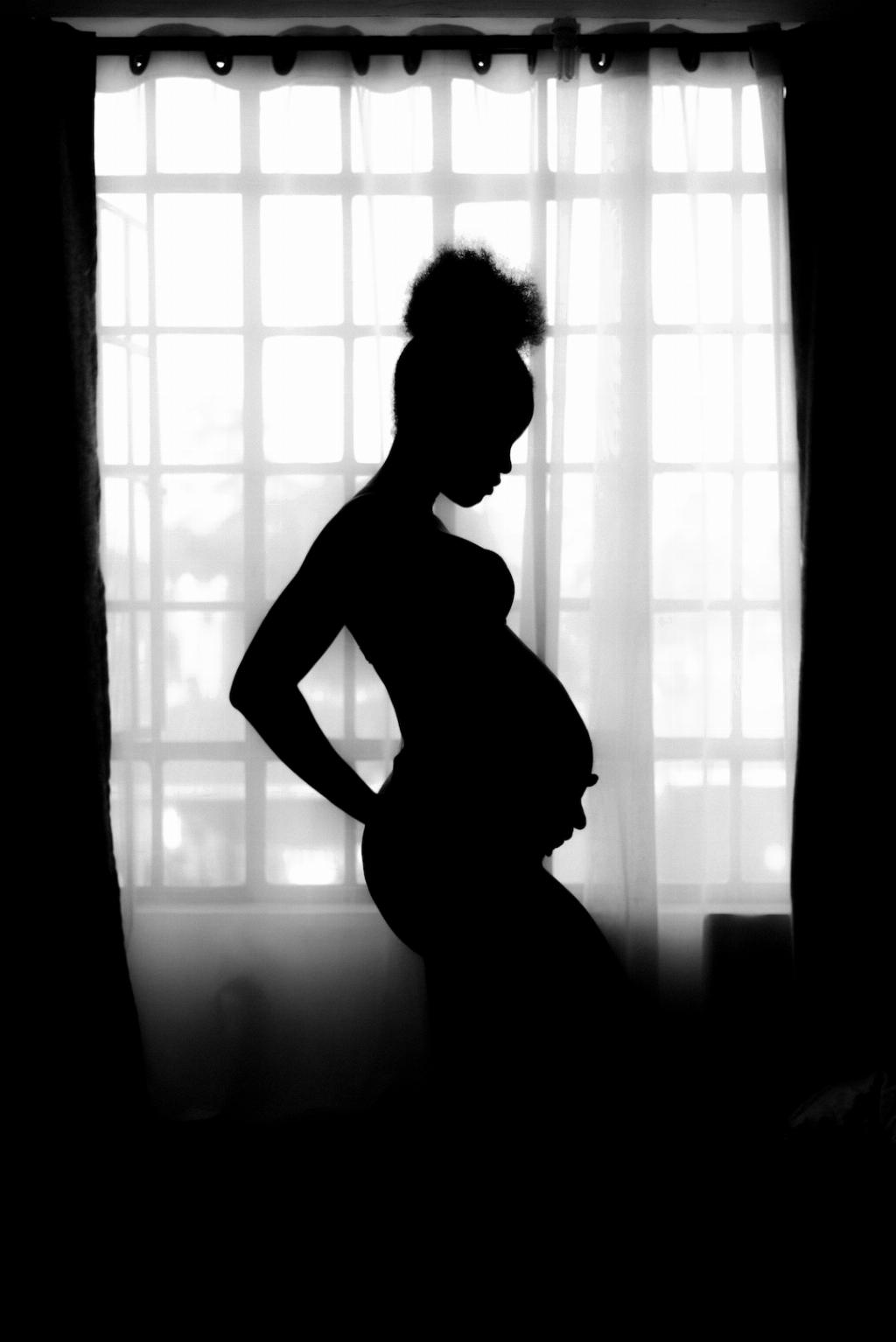During pregnancy, the occurrence of dry lips can vary among women. Some may experience it as early as the first trimester, while for others, it may become noticeable in the later stages of pregnancy. The hormonal changes that take place in your body during this time can lead to a range of skin issues, including dryness and dehydration of the lips.
Causes of Pregnancy Dry Lips
The primary cause of dry lips during pregnancy is linked to hormonal fluctuations. The surge in hormones, especially estrogen and progesterone, can impact the body’s natural moisture levels, leading to dryness and chapping of the lips. Additionally, the increased blood flow to the skin during pregnancy can also contribute to this issue.
Hydration and Diet
Staying hydrated is crucial during pregnancy to maintain optimal skin health, including the lips. Drinking an adequate amount of water throughout the day can help prevent dryness. Furthermore, incorporating foods rich in essential fatty acids, such as avocados and nuts, can also support skin hydration.
Skin Care Routine
Having a gentle skincare routine can help alleviate dry lips during pregnancy. Using a moisturizing lip balm or ointment regularly can help keep the lips hydrated. It is essential to choose products that are safe for use during pregnancy, as some ingredients may not be suitable for expectant mothers.
Avoiding Irritants
During pregnancy, it is essential to be mindful of the products you use on your lips. Some lip care products may contain harsh chemicals or allergens that can further exacerbate dryness and irritation. Opt for natural or hypoallergenic options to minimize the risk of adverse reactions.
Environmental Factors
Environmental factors can also play a role in the development of dry lips during pregnancy. Exposure to harsh weather conditions, such as extreme cold or dry air, can strip the skin of its natural oils, leading to dryness. Using a humidifier in your home can help maintain adequate moisture levels in the air.
Physical Symptoms
In addition to dryness, pregnancy can also cause other physical symptoms that may worsen lip issues. Nausea and vomiting, common occurrences during the first trimester, can lead to dehydration, which in turn can impact the condition of your lips. Addressing these symptoms promptly can help alleviate dryness.
Consultation with Healthcare Provider
If you are experiencing persistent dry lips during pregnancy despite trying various remedies, it is advisable to consult your healthcare provider. They can assess your symptoms, rule out any underlying conditions, and recommend appropriate treatment options that are safe for both you and your baby.
Self-Care and Relaxation
Managing stress levels and practicing self-care techniques can also contribute to overall skin health, including the condition of your lips. Engaging in activities that promote relaxation, such as yoga or meditation, can help reduce stress and improve skin hydration.
Monitoring Symptoms
It is essential to monitor the progression of dry lips during pregnancy and make note of any changes or worsening of symptoms. Keeping track of your symptoms can help you identify triggers and determine which remedies are most effective in alleviating dryness.
Postpartum Care
After giving birth, some women may notice lingering dryness in their lips as their hormones continue to adjust. Continuing with a hydrating lip care routine and following a healthy diet can support the healing process and restore moisture balance to the lips.
Final Thoughts
In conclusion, pregnancy dry lips can occur at various stages of pregnancy due to hormonal changes and other contributing factors. By prioritizing hydration, adopting a gentle skincare routine, and seeking guidance from your healthcare provider when needed, you can effectively manage dry lips and maintain healthy skin throughout your pregnancy journey.

